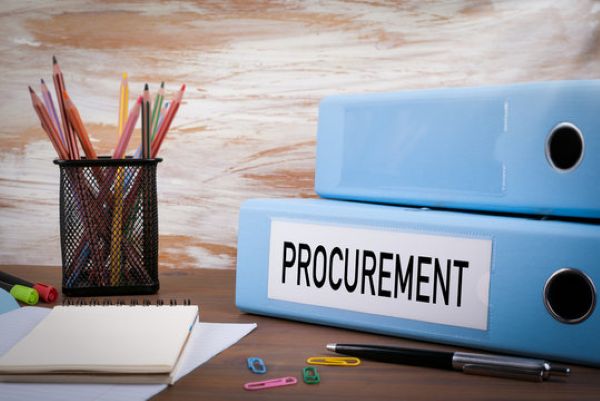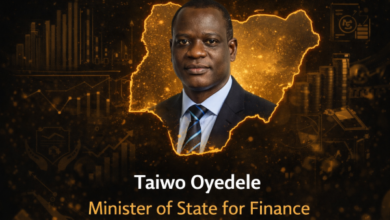MDAs Face Stricter Procurement Oversight as BPP Enforces New Transparency Mandate

In a bold move to institutionalise transparency and restore credibility to Nigeria’s public procurement ecosystem, the Bureau of Public Procurement (BPP) has issued a directive mandating all Ministries, Departments, and Agencies (MDAs) to publicly disclose their procurement activities both on their official websites and on the BPP portal.
This directive is part of a broader framework accompanying the release of the newly revised procurement thresholds announced in Abuja on Thursday. According to Dr. Adebowale Adedokun, Director-General of the BPP, this development is not merely procedural—it is a strategic shift designed to hold public institutions to a new standard of accountability, transparency, and value-for-money governance.
A New Era of Procurement Governance
By requiring MDAs to report awarded contracts monthly on publicly accessible platforms, the BPP is laying the groundwork for real-time transparency in how public funds are spent. This level of disclosure aims to empower oversight by not only the Executive, but also the Legislative and Judiciary arms, reflecting a whole-of-government approach to fiscal discipline and integrity in public finance management.
What makes this directive particularly significant is its alignment with the broader Presidential Delivery Tracker system, coordinated by the Office of the Special Adviser to the President on Policy and Coordination and the Central Results Delivery Coordination Unit (CRDCU). This integration signals that procurement compliance is now a key performance indicator in federal project execution and budget implementation.
No More Business as Usual
In clear terms, Dr. Adedokun warned that non-compliance will attract presidential sanctions. This marks a decisive shift from previous eras, where procurement thresholds were often abused with impunity. The new system redefines procurement not just as a financial function but as a governance imperative. “Those who flout, abuse, or frustrate the implementation of the revised thresholds will be recommended for administrative sanctions by President Bola Tinubu,” Adedokun stated.
The message is unmistakable: it’s no longer business as usual. Public officers will be named, shamed—or even sanctioned—if found complicit in procurement malpractice.
Capacity Building: MDAs Told to Fund Training
To support compliance, MDAs are now required to allocate budgetary provisions for the training of procurement officers and other stakeholders in the procurement value chain. In what signals a tightening of quality controls, only BPP-accredited individuals, firms, professional bodies, and centres of excellence will be allowed to conduct such training.
Furthermore, all public procurements under the 2025 Federal Budget and beyond must be executed using the BPP’s revised Standard Bidding Documents (SBDs) and Conditions of Contract, in line with extant laws. This move standardises procurement practices, minimises loopholes, and ensures adherence to globally accepted best practices.
Enforcing Discipline: Debarments and Procurement Sanctions Incoming
In a move that reinforces its enforcement capacity, the BPP also declared its readiness to invoke Section 6 of the Public Procurement Act, which empowers the bureau to debar contractors found guilty of corrupt or fraudulent practices. This is a significant development in a system where fly-by-night contractors have long undermined public projects through collusion, kickbacks, and substandard execution.
To ensure effective implementation, the Office of the Secretary to the Government of the Federation (OSGF) will issue a Service-Wide Procurement Circular to codify the modalities for operationalising the new thresholds across the federal bureaucracy.
BRANDECONOMY Insight: Procurement as a Strategic Lever for Reform
The reform agenda being driven by the BPP under Dr. Adedokun’s leadership is a critical pillar in Nigeria’s broader quest for fiscal transparency, cost-efficiency, and good governance. Public procurement accounts for a significant portion of national expenditure, and without systemic oversight, it remains a major leak in the economic pipeline.
What we are witnessing is a structural reengineering of Nigeria’s procurement culture—one that transitions from opacity and patronage to transparency, professionalism, and impact-driven outcomes.
The success of this framework, however, will depend heavily on enforcement, political will, and the ability of civil society and the media to follow the money trail. If fully implemented, this could mark a turning point in Nigeria’s journey toward results-based governance and sustainable public finance reform.










